The surprising way paychecks influence political voting
Plus, a shady update in Wisconsin and more
Welcome to a Tuesday evening edition of Progress Report.
Tonight we’ve got a busy newsletter, including some key election results, polling analysis, and big news updates. But before we dive in, I want to share my latest piece at More Perfect Union. It concerns artificial intelligence, the showbiz strikes, and the tens of thousands of middle class jobs at stake.
The piece is below, and I’d be very grateful if you took a few minutes to watch it and pass it around to anyone who might be interested.
OK, let’s get started.
Please consider subscribing and/or donating to keep this work sustainable. Far-right extremists are financed by billionaires and corporations, who invest in conservative outlets, think tanks, and law firms to advance their interests. We rely on forward-thinking readers like you.
New York
Race: Assembly District 27, Special Election
Date: 9/12/23
Candidates: Democrat Sam Berger (55.1%) defeats Republican David Hirsch (44.59%).
The Details
Here’s a good snapshot of how deranged our politics and political media have become: Democrats are breathing a big sigh of relief tonight after the party’s nominee won a special election by more than ten points to retain an open seat and further expand their supermajority in the New York State Assembly.
The seat for District 27 opened up this summer when its three-term Democratic incumbent, Daniel Rosenthal, stepped down to take a job with a nonprofit. Suddenly, all eyes were on the eastern Queens district, as reporters flocked to cover a small election upon which they could test all of their new narratives and then project into a national story. Politico called it a bellwether on Tuesday, and other outlets offered similar hype.
Questions abound: Having voted for Republican Lee Zeldin in the governor’s race last fall, is a neighborhood that’s predominantly Hispanic, Asian, and Orthodox Jews primed to shift further to the right? Will the influx of migrants from Central America be a true albatross for Democrats?
(The default editorial approach to political coverage seems to be that any given issue somehow presents peril for Democrats, unless they’re heterodox conservative Democrats who have publicly derided other members of their party.)
There was no such luck for those seeking data points for dehumanizing narratives about migrants or stories about why RNC’s secret plan to realign American politics just might work. Sam Berger, a 25-year-old law school graduate, campaigned like the moderate Democrats that have traditionally won the district, avoided Republican bait, and won the district by nearly as much as the three-term incumbent that preceded him.
Every election season, professors from around the country team up with the polling firm YouGov to design and proctor the Congressional Election Study, a massive poll that measures Americans’ opinions on ideology, policy, and political parties. First launched in 2006, the survey has become a prominent tool for researchers and large-scale political projects.
In the fall of 2022, the CES surveyed more than 60,000 people, twice during the lead up to the midterm election and then once more after Election Day. The complete data set was released late last week, offering a curious snapshot of a country that is at once both deeply polarized and aligned on many of the day’s most pertinent issues. When plotted against the survey results from the prior eight election cycles, the numbers point to clear trends that should inform campaigns and broader movement-building next year.
Economic Breakdown
For all the focus that Democrats put on messaging to and building up the middle class, it’s the median income voter that has proven most resistant to their poll-tested overtures. Last year, Democrats won narrow margins with both voters who earned $40k or less and those that took home more than $100k, but lost that middle bracket of voters by eight points.
In fact, Democratic House candidates haven’t won that “middle class” vote — $41k annual income is no longer close to middle class in most places — since the Obama wave in 2008.
That year, the party won just about 50% of “middle” and upper income voters; since then, the two groups have diverged significantly, and inverse of what you might call their personal financial interests. Last year, Democrats won just 46.5% of the $40k-100k bracket and scored 52% from the $100k+ demographic.
There’s not a ton of nuance in the numbers above, so it’s worth drilling down a bit more based on the data available from the CES as well as other polls.
The $100k-and-up voters hardly operate as a cohesive bloc, and the wealthiest Americans tend to back Republicans, especially when Donald Trump isn’t on the ballot.
Conservatives have always sought to use culture wars as a way to obfuscate their economic royalism and appeal to middle and working class voters, and it’s been increasingly effective over the past two decades. This shift can’t be explained by any single factor, but the slow decline of private sector labor unions is undoubtedly one of the more significant reasons why middle class Americans have moved away from the Democratic Party.
Simply put, unions provide a bulwark against the influence of right-wing culture warriors, as you can see from the graph of last year’s results below.
The loyalty that union households have shown to the Democratic Party — whether it’s deserved such loyalty or not — defied every other statistical trend that emerged in 2022. Whereas Democrats slipped with just about every demographic and affinity group, union members have thrown more support behind Democratic candidates.
Last year, Democrats’ share of the union vote ticked up to 63..5%, seemingly defying gravity. Right now, the UAW is holding out on endorsing President Biden’s re-election until he meets whatever criteria they have for being properly supported, so we’ve seen Democrats from all over running to vocally back the union as it veers closer to a strike against the Big Three automakers.
Interestingly, Democrats also added a strong majority of people that had lost their jobs during the preceding year, while Republicans won the steadily employed demographic by just a few points.
I’ll be going over more CES poll and election results in the next edition of the newsletter.
Never Forget
Monday was the 22nd anniversary of 9/11, a grim occasion that I seem to mark the same way every year: Fuming at the scummy sociopath politicians who spend 364 days a year trashing New York as a proxy for their bigotry, then issue cynical statements that aim to co-opt and exploit the deaths of 2700 New Yorkers for cheap political points.
The most nauseating culprit on Monday was none other than Ron DeSantis, who tends to depict New York as the queer, urban circle of Hell, unless he’s in town to scrounge around for cash from conservative mega-donors. DeSantis used the occasion to assert his sudden solidarity with the 9/11 families, who he promptly used as a wedge in a dishonest political attack. It’s amazing how much of an asshole he is.
Voting Rights
So much to talk about here, so let’s run through it.
Wisconsin: After weeks of threatening to go full autocrat in a desperate attempt to save Republicans’ outrageous gerrymander, popcorn entrepreneur and GOP House Speaker Robin Vos on Tuesday shocked everyone by going limp on impeaching newly elected Justice Janet Protasiewicz and instead offering his endorsement of an “Iowa style” nonpartisan redistricting system.
Vos and fellow Republicans were getting absolutely wrecked every single day for threatening to impeach Protasiewicz, who won a landslide 11-point victory in May to give the Wisconsin Supreme Court a liberal majority for the first time in 15 years. Not only is there no legal justification for impeachment, but the ethical objections that Vos lodged against Protasiewicz were pioneered by Republicans who refused to compromise on new protections years ago.
The devil will be in the details, and there’s no reason to think Vos is doing this in good faith. Let’s see what his “Iowa-style” plan is, because there’s a total contract he’s a definitely how he plans to scheme it.
On Trial: Republican gerrymanders and voter suppression laws in Georgia, Louisiana, Alabama, and Texas are all in various states of litigation. And in North Carolina, a bill that would make it easy to hack people’s ballots is hitting the skids thanks to conservatives speaking up and saying sorry, this is weird as shit.
Wait, Before You Leave!
Progress Report has raised over $7 million dollars for progressive candidates and causes, breaks national stories about corrupt politicians, and delivers incisive analysis, and goes deep into the grassroots.
This is a second full-time job, and I’m looking to expand. There are no corporations, dark money think tanks, or big grants sponsoring this work. It’s all people-powered. So, I need your help.
For just $5 a month, you can buy a premium subscription that includes premium member-only newsletters with original reporting.
You can also make a one-time donation to Progress Report’s GoFundMe campaign — doing so will earn you a shout-out in the next weekend edition of the newsletter!




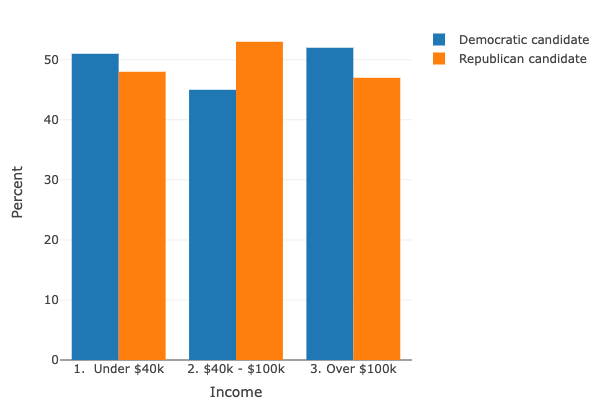
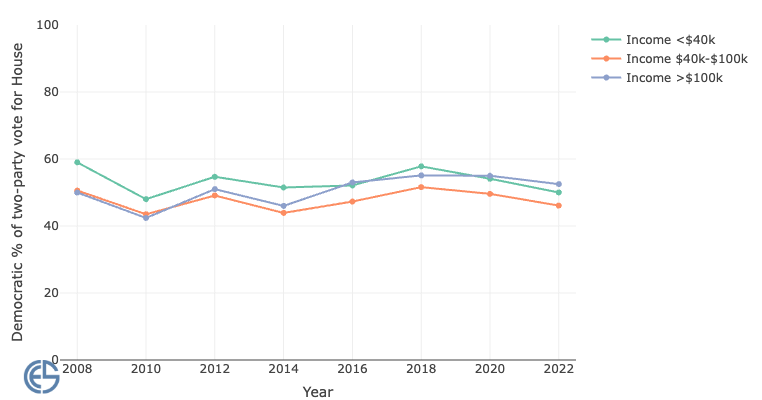
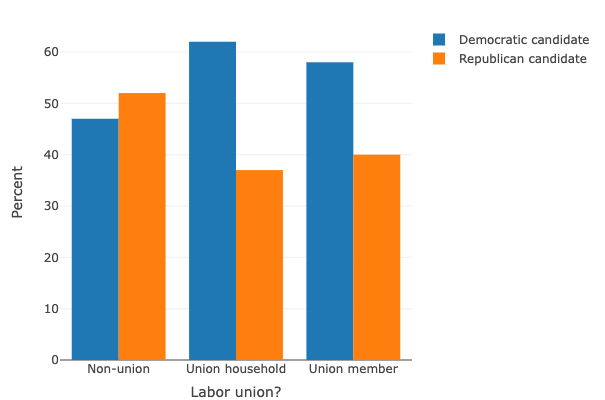
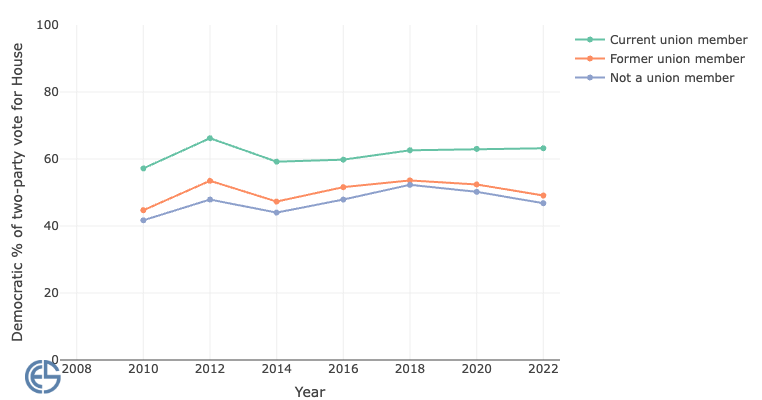
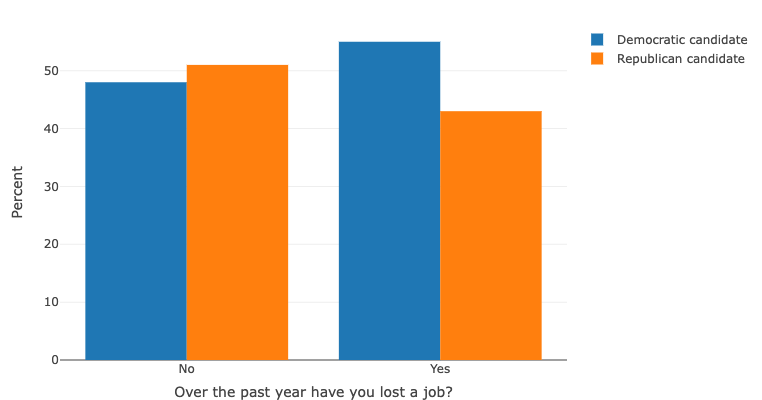


I rely on the Progress Report every day.